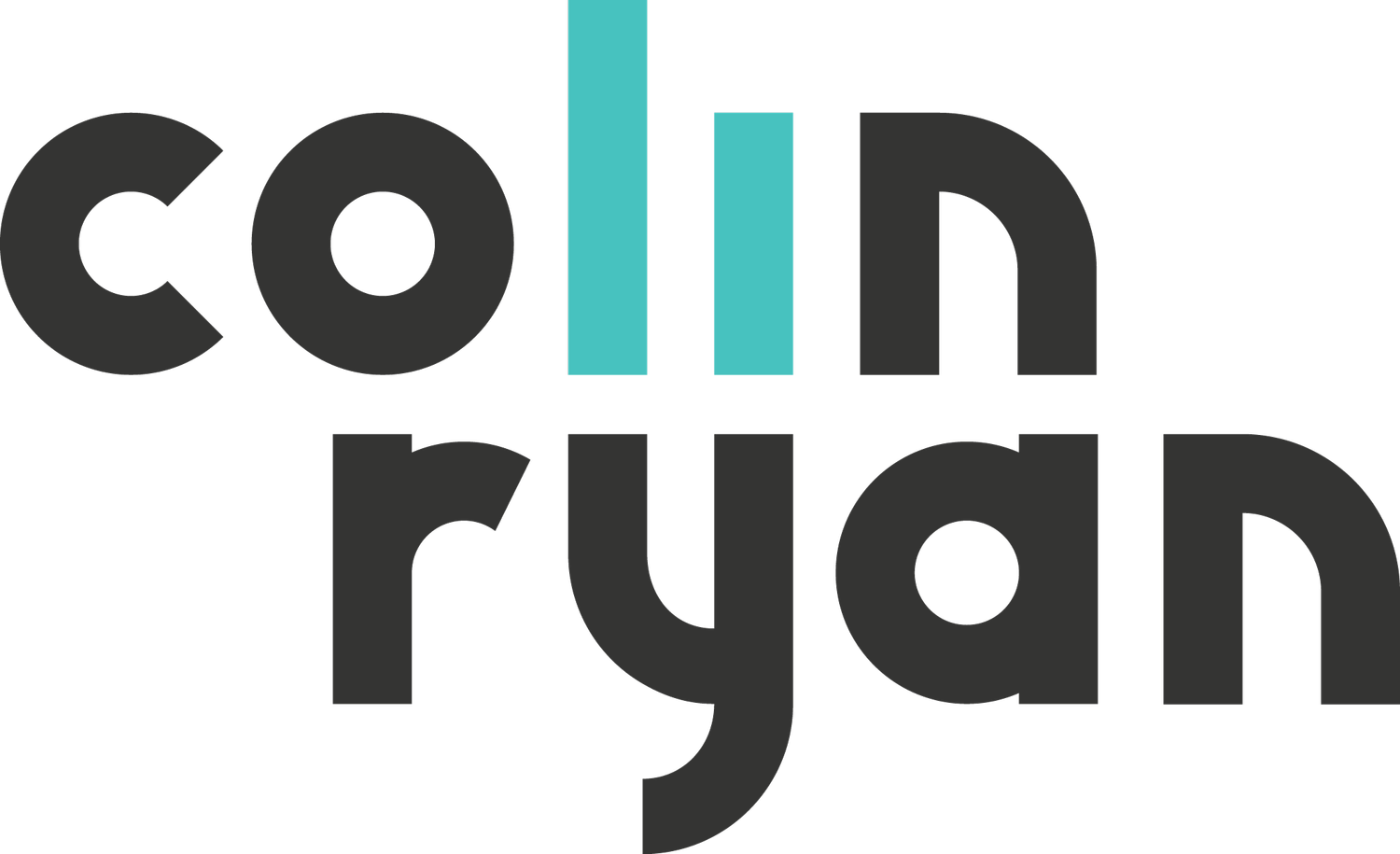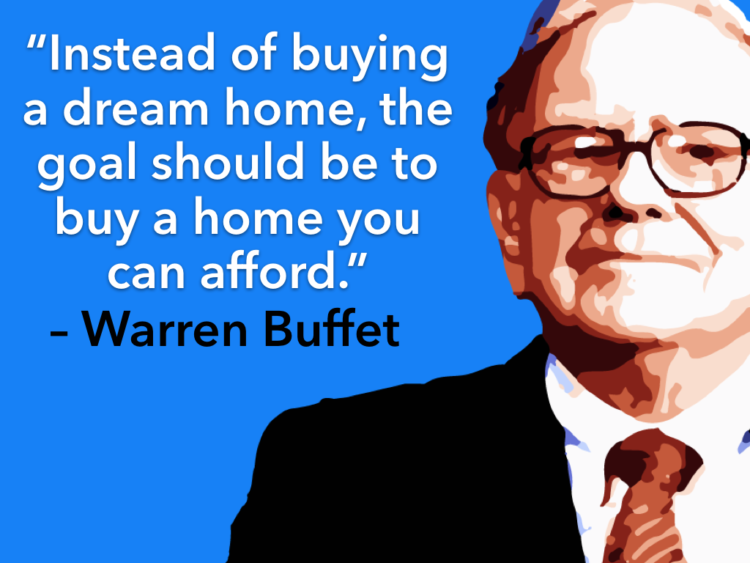A Healthier Approach to Buying a Home
You’re ready to buy a house when…
your costs < 28% of monthly income
your credit is above 700
you can stay for 5+ years
you have a large down payment ( less than 20%, you pay Primary Mortgage Insurance (PMI) which is ~1% of the home’s value)
you have your house experts
you have a furnishing fund
Owning a home has been called The American Dream, but like a lot of dreams, there are parts that seemed really cool until you tried explaining them to someone else.
Capitalism is a system in search of constant growth, and does so by lending money into existence when individual consumers taking on debt. Which is why it’s so important that you, the individual consumer, make sure you are not rushed into a debt you’re not ready for.
There’s a lot of messaging to encourage home-ownership, and that messaging tends to be powerful because owning a house sounds good to a lot of people. And owning a house can be as pleasurable as a great dream, if you’re willing to do the necessary work of waiting until you are ready. The fact that a mortgage is available to you doesn’t automatically make it advisable for you.
Just because you can borrow it doesn’t mean you can afford it.
A mortgage is a calculation based on the amount of the down payment and the amount of the many monthly payments that follow. Each person customizes their mortgage in three ways:
1) they decide what interest rate they are comfortable with at initial borrowing time (lowest is best), and can sometimes reduce that rate later on by refinancing,
2) they decide the size of their down payment (largest is best) and,
3) they decide the size of their monthly payments (as large as is affordable is best).
Your Down Payment: It is totally possible for you to buy a house with a down payment of only a few percentage points of the overall cost. Functionally you can do that. There are lenders who will take on your case and approve you. But the math of debt payments over time (known as amortization) shows that the less you pay now, the more you pay later.
Your Monthly Payments: When we say, “affordable is best,” all we mean is that we do not want to put every penny into our payment when we have other expenses, not to mention emergencies. (We should always strive to have an Emergency Fund of at least $1,000. Ideally this will be larger, like 1 - 3 months living expenses, but we always start with what's possible because it's on the way to what's ideal.) Some months you will only be able to afford to make the minimum payment, and that's completely fine for that month. But other months you will be able to afford to pay more than the minimum payment, and you definitely should. When you pay the minimum, more of those dollars are diverted to paying off the interest (and not your house debt).
This is called Amortization – in order to pay back a loan over time, part of each payment goes to the debt itself (a.k.a. principal) and part of it goes to the interest (a.k.a. borrowing rate). To illustrate this for yourself, use the Amortization Calculator linked in the Additional Resources at the bottom. The word Amortize literally means “to kill off [a loan].”
And now that you can use Amortization in conversation, I’ve just aged you 15 years.
Healthy Mindset: The higher your down payment, the lower your overall price (because you borrow less and pay it back faster with less interest). The higher your monthly payment, the more of that payment goes to your debt and the less is diverted to interest. Not to mention, the higher each payment, the fewer payments you’ll need to make in total because you’ll be done sooner. So while owning your own home someday obviously sounds great, what’s important is that you only buy when you’re ready. More specifically, when you are 6-Point Ready.
“Instead of buying dream homes, the goal should be to buy a home you can afford.” - Warren Buffet
The 6-Point Readiness Self-Assessment for House Buying:
Your readiness increases by one point when each of these six things is true of you:
1. Your monthly house payment will not exceed 28% of your monthly income (look at that as an outer limit though)
2. You have Good or Excellent credit (Fair: 650 – 699, Good: 700 – 749, Excellent: 750 – 850)
3. You’re planning to stay in the area for at least the next five years (Unless you are houseflipping, selling sooner than five years will probably leave you worse off than if you’d rented.)
4. You have saved up a large down payment (Ideally, 20% or higher. You can get a mortgage if you have less than a 20% down payment, but until you have paid back 20% of that mortgage you will also pay PMI (private mortgage insurance), which is 0.5% to 1% of your home value. Remember, the more you put down, the lower your monthly payment will be.
5. You have identified your experts: a financial planner, a home inspector, a local repairperson (It’s your responsibility when something breaks, so either you are handy or you can afford to hire someone who is. I remember looking at a gauge in my basement and and thinking “I have no idea what that is, and I own it.”)
6. You cannot identify any other effective methods for protecting yourself against rising rents, such as living with a roommate, offering to fix things at your apartment for a reduction in rent (if you have the skills), living in a “rent controlled” environment, etc.
An Ideal “6-Point Ready” Scenario: You buy a house with at least 20 percent down, you own it for thirty years, during which your monthly expenses are roughly equivalent to what it would have cost you each month to rent. In this case, you will have turned your 20% stake in the house into a 100% stake in the house over thirty years. This is the “miracle of amortization” – your monthly mortgage payments have built up your equity (your percentage of total ownership) in the house. Instead of all of your rent going to a landlord, some or most of your mortgage payment goes to your future self eventually, when you sell the house. A house is like a physical version of a savings account that meets your living needs along the way.
THE Ideal Scenario: You buy your house in cash, and your mortgage payment each month is $0. (Even in this ideal scenario, you will still pay property taxes, utilities, and maintenance costs.)
I still remember the moment when I realized I had saved up enough to buy a house. This was in no small part due to combining savings accounts with my wife, who is also a dedicated saver with no debt. This got us to our goal much faster, because we had each spent at least 7 years on our own renting, and saving every penny. Once we got together and agreed that we wanted the space/customization/rent-control of buying a home, we spent 3 more years saving, scouting, and identifying our experts, all while still renting. We did this at some sacrifice (e.g. on our wedding night we came back to our apartment, where we had a roommate). Eventually we reached the number where we could buy. In cash. It was one of the proudest moments of my life.
Of course, it still came with a lesson. At some point in my life I had unknowingly downloaded the idea that once you pay off your mortgage, you live in your house for free. Not a stupid assumption, just that dream logic that kind of falls apart as soon as you say it out loud. I had never actually said out loud so I never heard the flaw in the logic. So to be clear, when you have paid off your house in total, you will still pay property taxes, utilities, and maintenance. When I realized that I thought, “There must be a word for when you believed something your whole life, you finally found out it isn’t true and everybody acts like you should have known that already. Oh yeah, there is a word: ‘Adulthood.’” Ok, nice.
Now that you know these key pieces of information, you’re able to do a very healthy financial self-assessment:
Here is how my current monthly rent payment (plus utilities) of $__________ compares to my future monthly house payment…
My monthly mortgage payment (total of loan divided by months of loan [30 years = 360 months, 15 years = 180 months]) = $_______
My annual property taxes divided by 12 (even though you will make the payments quarterly)= $_______
My homeowner’s insurance divided by 12 = $_______
My monthly utilities (internet, TV, heat, water, electricity)= $_______
My homeowner’s association fees if applicable divided by 12= $_______
My estimated yearly maintenance costs divided by 12= $_______
My estimated yearly furnishings cost divided by 12= $_______
TOTAL = $_______
If this total is less than my current monthly rent, I should think about buying.
Questions to ask myself before buying a house:
What are MY reasons for wanting to have a house?
How much have I saved so far?
How much do I plan to save before I buy?
How much will I need to save each month to reach this goal?
How much will I need to save from each paycheck to reach this goal?
Based on how much I save weekly/monthly, when will I reach my goal?
A money coach can help you identify the answers to all these questions.
Additional Resources for House Buying:
Home Purchase Amortization Calculator
Simple Dollar - How Much House Can I Afford?
NY Times Buy or Rent Calculator

